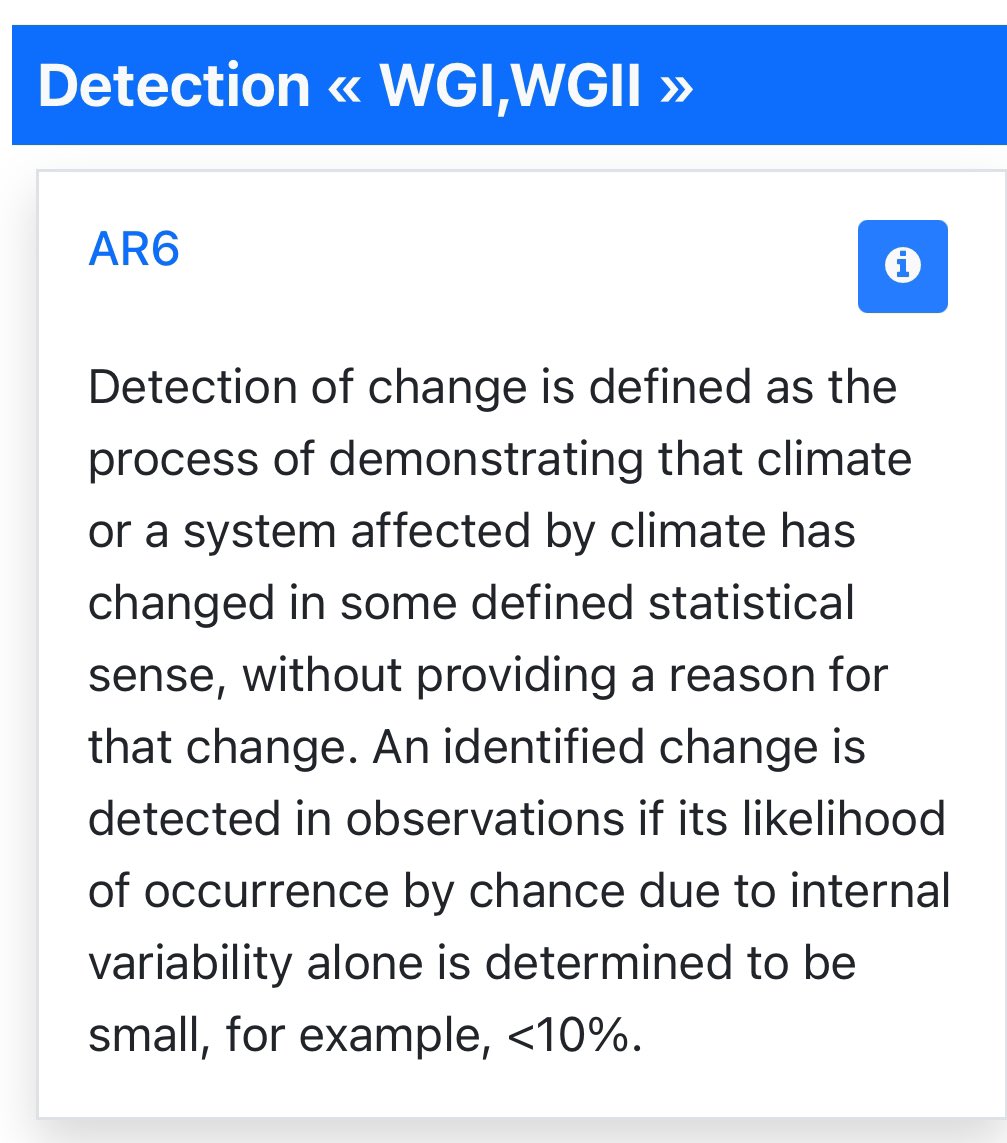This is a really important number & I haven't seen it mentioned anywhere
FEMA estimates that in 2021 we should expect $141B is catastrophe losses in the US, based on current exposure, historical event frequency & loss ratios
FEMA estimates that in 2021 we should expect $141B is catastrophe losses in the US, based on current exposure, historical event frequency & loss ratios
https://twitter.com/RogerPielkeJr/status/1471951067101290506
The FEMA loss estimation CANNOT be compared to the spectacularly awful NOAA billion dollar losses
For weather losses, FEMA uses data processed by ASU/SHELDUS off of NOAA Storm Data, as below
NOAA Storm Data uses a bespoke special sauce to gin up losses (read on...)
For weather losses, FEMA uses data processed by ASU/SHELDUS off of NOAA Storm Data, as below
NOAA Storm Data uses a bespoke special sauce to gin up losses (read on...)

NOAA's billion $ loss database mixes together direct and indirect losses (like business interruption & commodity markets) as well as non-event costs (e.g., "disaster restoration and wildfire restoration")
They also "scale up" insured loss data, which guarantees double counting
They also "scale up" insured loss data, which guarantees double counting

NOAA also includes improperly a 10-15% scale-up of losses putatively based on Smith and Katz 2013 (side note: Rick Katz had the office next to mine at NCAR for 8 years)
This is not what their paper says to do - as it is a function of insurance participation rates
Whatevs
This is not what their paper says to do - as it is a function of insurance participation rates
Whatevs

If NOAA were to take Smith and Katz 2013 seriously they would
(b) Not use just CPI-adjusted data
(In other words .. NOAA shouldn't be doing what they are doing!)
(b) Not use just CPI-adjusted data
(In other words .. NOAA shouldn't be doing what they are doing!)

All that said
Understand that FEMA's expected annual loss estimates are serious - $141B/yr
NOAA's billion dollar disasters is bad science at best & political propaganda at worst
Don't confuse the two
Understand that FEMA's expected annual loss estimates are serious - $141B/yr
NOAA's billion dollar disasters is bad science at best & political propaganda at worst
Don't confuse the two
What is a more accurate representation of US* weather disaster losses over time?
Here you go, enjoy!
Note: FEMA's $141B in 2021 equates to ~0.6% of GDP
*North America, but almost all are US
Here you go, enjoy!
Note: FEMA's $141B in 2021 equates to ~0.6% of GDP
*North America, but almost all are US

Interestingly, median North American weather losses 2010-2020 in Swiss Re dataset are $140B, while FEMA total expected losses for 2021 are $141B (not just weather)
This suggests to me that FEMA is low
Expected losses should be higher than 10-yr median due to growth alone
/END
This suggests to me that FEMA is low
Expected losses should be higher than 10-yr median due to growth alone
/END
PS. Just for fun I have graphed below NOAA Billion$ disaster losses as a % of Swiss Re total NA weather losses
2017 is ... interesting
Pop quiz: Over time, why might we see a greater proportion of total losses coming from billion$+ events? Is there an economist in the house?
2017 is ... interesting
Pop quiz: Over time, why might we see a greater proportion of total losses coming from billion$+ events? Is there an economist in the house?

• • •
Missing some Tweet in this thread? You can try to
force a refresh

















